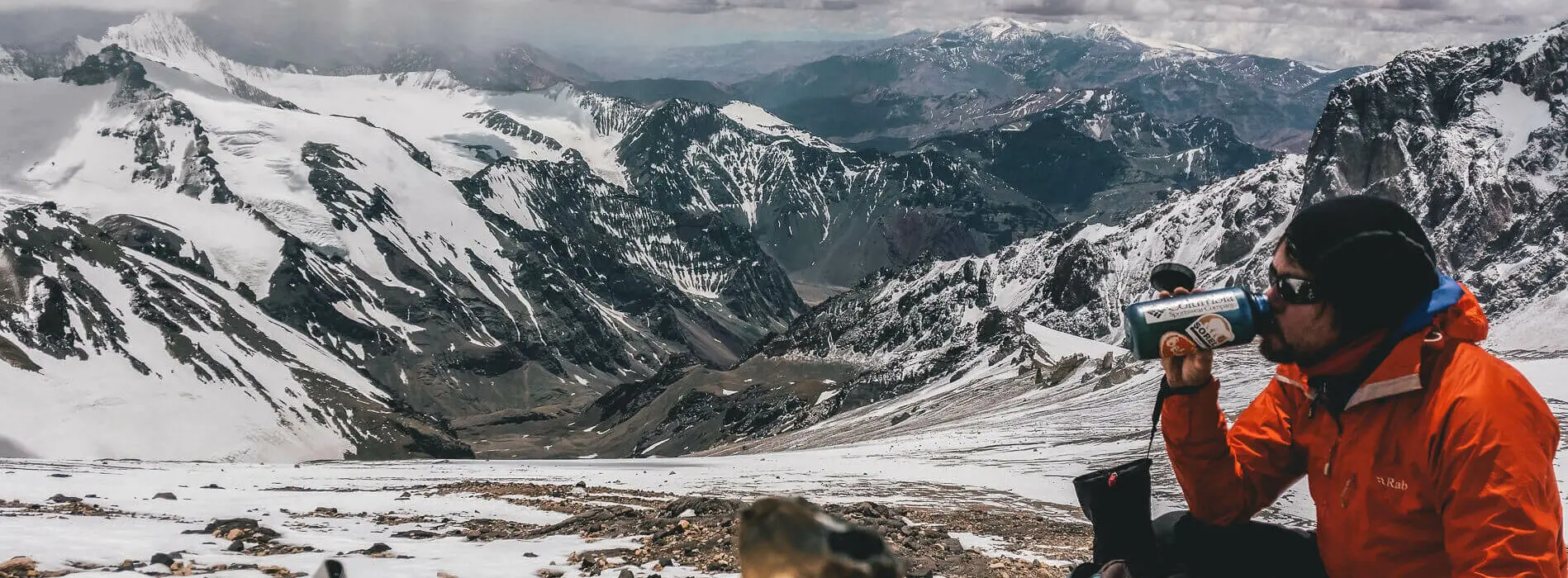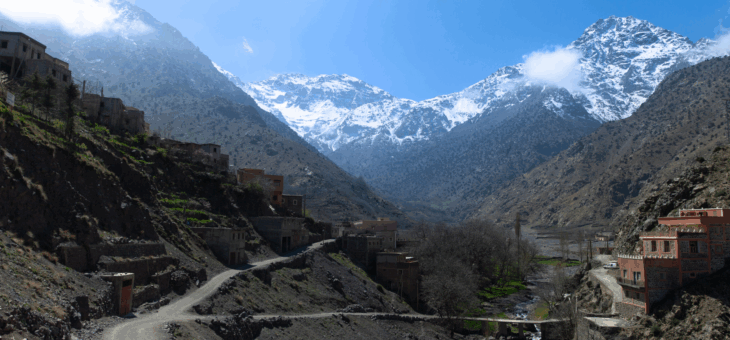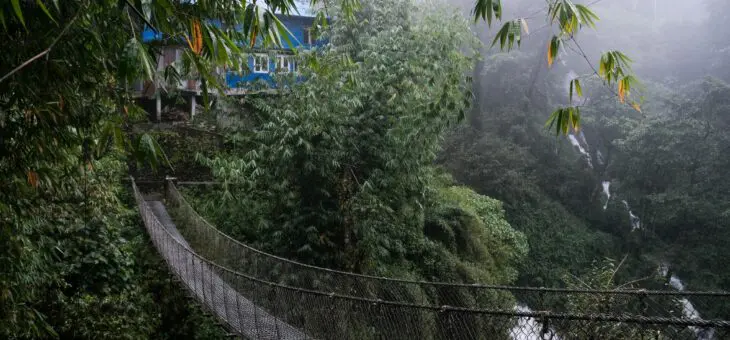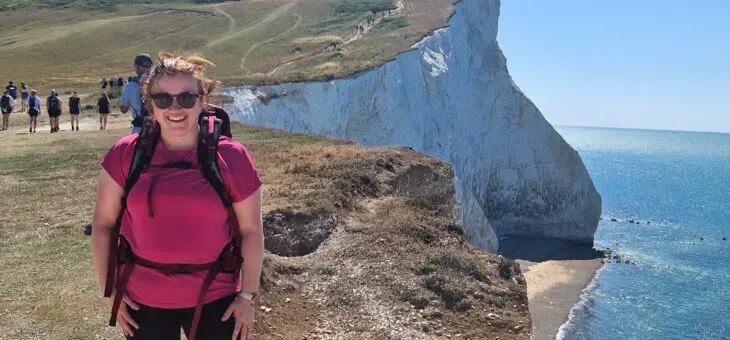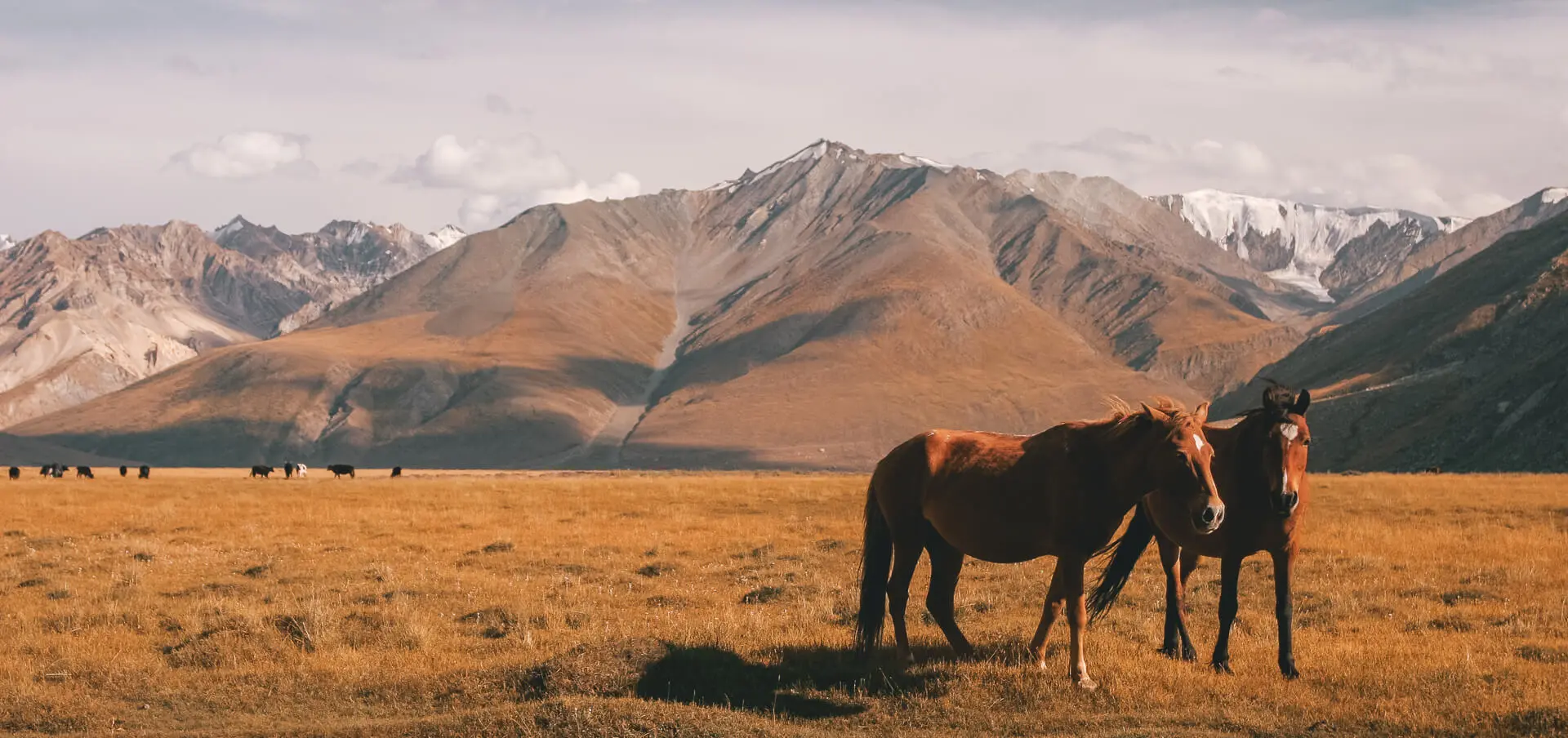This article tackles the matter of expedition nutrition. What is the best hiking food before, during and after your expedition?
During a multi-day expedition, your body and mind will be put under a lot of stress, far more than on a normal day. It is important that you look after yourself not only during the event but in the months, weeks and days leading up to it as well. Think of your body as an engine that needs fuel to operate. If your body runs out of fuel then….well you know the rest!
Fueling up before a hike
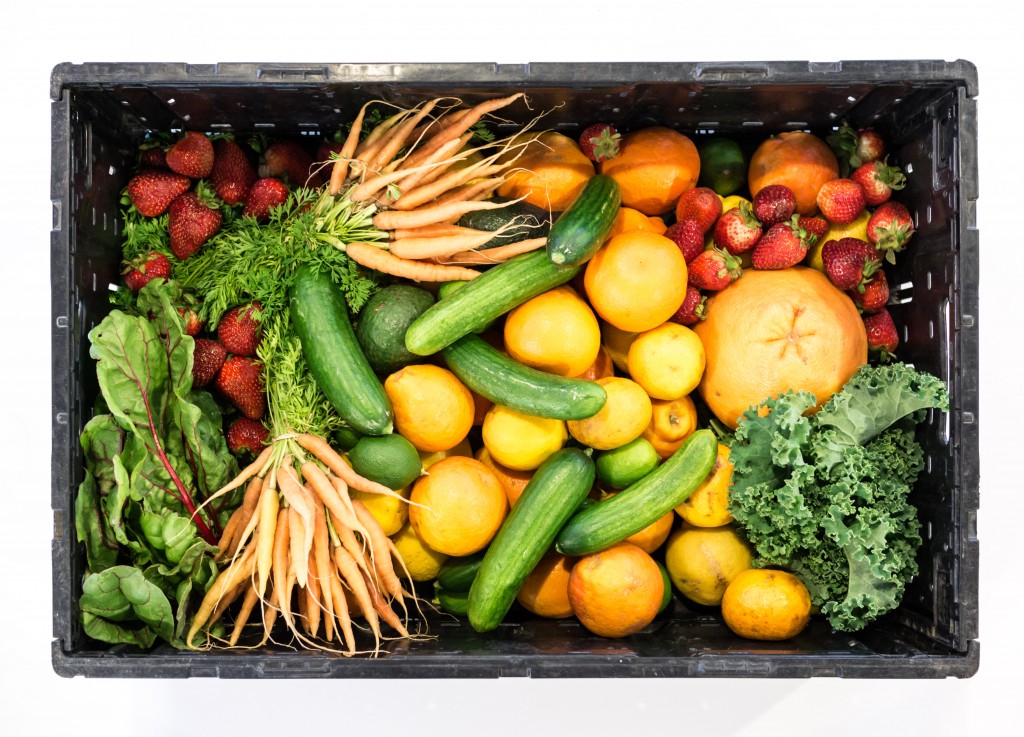
How much water to drink while hiking
We recommend drinking between three and five litres of water per day depending on how much you sweat. Drinking three or more litres in a day is much harder than it sounds. We recommend people practice drinking a large amount of water. Try drinking from a 500ml water bottle and see how many times you can refill it in a day.
While trekking you need to drink plenty and often. Water bladders are very handy to keep sipping from and you can still have your hands free for balance and snacking! Some people prefer water bottles, but it really is a personal preference.
A lot of our treks start quite low down in warm climates, so drinking a lot of water is important. The first two days on Kilimanjaro can be above 20 degrees, so you’ll need to increase your water intake.
A great pro tip is to make sure you get at least a litre of water into you between waking up and getting breakfast. If you really want to be next level, you could get hot water in your Nalgene to use as a hot water bottle, and then drink that in the morning!
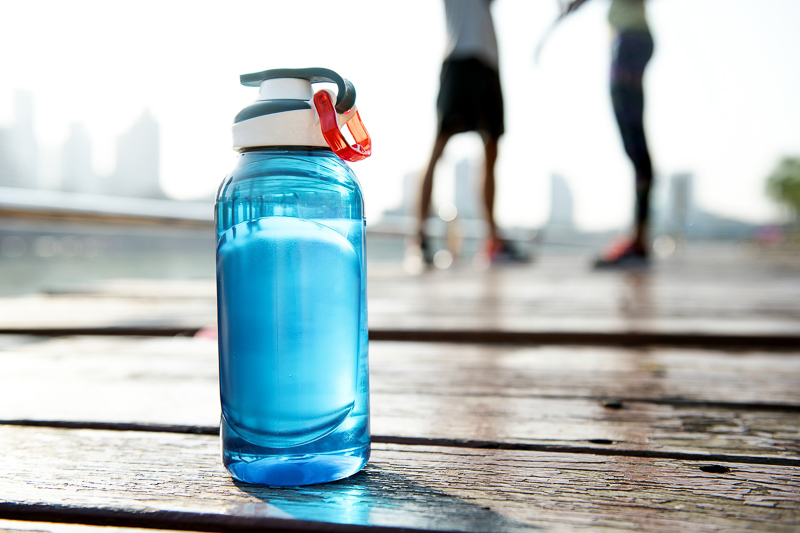
What to eat before hiking
Have a low-fat meal within one to two hours before hiking. It is best not to eat anything immediately before you train. A high-fat meal (e.g. fried sausages and chips) takes about four hours to clear your digestive system, so it can slow you down or cause cramps.
A low-fat meal (e.g. grilled chicken fillets, boiled potatoes & veg) will clear in one and a half to two hours; so will leave you with more energy. You don’t need to count macros calorie count constantly but do think about getting simple, healthy hiking food into you rather than a greasy chipper!
How many carbohydrates do I need?
We would advise that you increase your intake of carbohydrates in the run-up to your trek. Specifically the week before the event, participants should be ‘carb-loading’ (potatoes/pasta/bread). A solid breakfast or lunch is scrambled egg on toast. The bread provides the carbs, and the egg provides vital protein and it’s all in an easily absorbed format. Good dinners are beef stew with bread or lasagne with garlic bread or salad.
Best snack food for hikes
During your training, experiment with eating ‘on the go’, so that you get used to the feeling of food in your stomach when you’re trekking. Aim to eat small, frequent meals and snacks on the go to maintain energy levels. Ideally while trekking, a snack should be consumed every hour or so. Snacks should be a mix of carbohydrates and protein. An ideal snack might include; 25g of nuts, a boiled egg or a brown bread chicken/turkey sandwich.
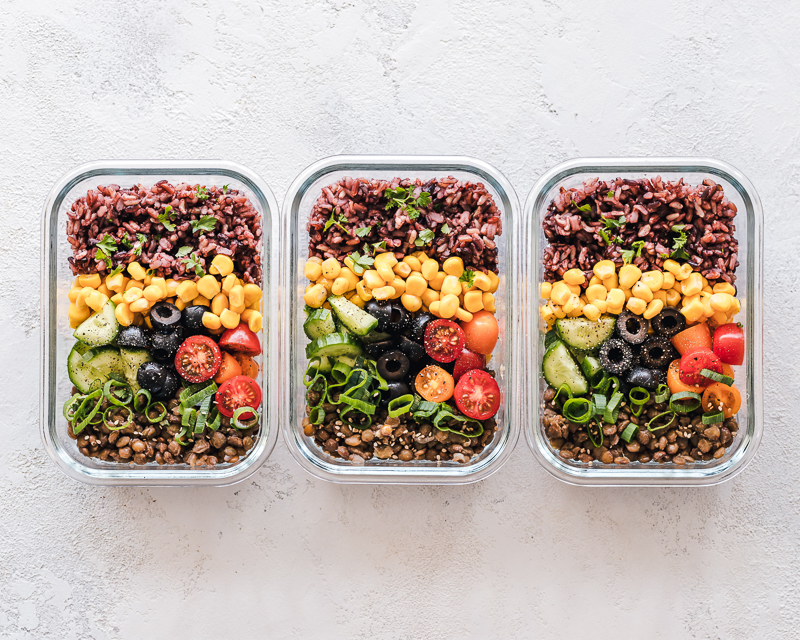
Other hiking food
No matter how strong a walker you are, you’re going to be using a lot of energy. If you have a particular snack that works for you then bring some of this with you. Replenishing carbohydrates during training will enable you to keep going for longer.
You can eat it in cereal bars, dried fruit, glucose sweets, or drink it in the form of sports drinks. The dried fruit or cereal bars will give a longer lasting level of carbohydrate than drinks, but either will work.
Fruit is easy to eat on the move and excellent for an energy boost. Dried fruit and nuts are a great source of energy.
Make sure that it’s food you actually love and eat regularly. Many people lose their appetite at altitude, but if you have your favourite snack with you, you’ll still enjoy it! Don’t buy protein bars if you don’t usually eat and enjoy them!
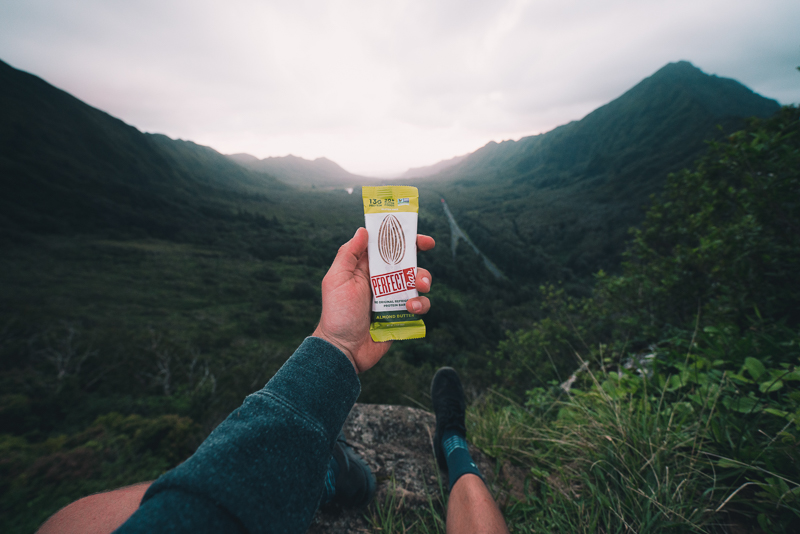
The Golden Rule for hiking food
Your body must maintain a regular energy input – don’t wait until you are hungry to eat. Your guide will ensure that brief stops are taken frequently for food and water. The human body can burn up to 1000 calories per hour but can only process 300 calories of food into energy per hour so it is important to continually take on small amounts of food.
On a typical trek, you will burn up to 400 calories per hour. The summit night on Kilimanjaro can be up to 15 hours long so that’s a whole load of calories!
Drinking Alcohol while hiking
Drinking alcohol isn’t advised from a training or performance point of view. There will be a chance to have a celebratory drink on the last night after all the hard work is done!
From experience, we can tell you that a cold beer at the end of a hike tastes better than any beer you’ve ever had!
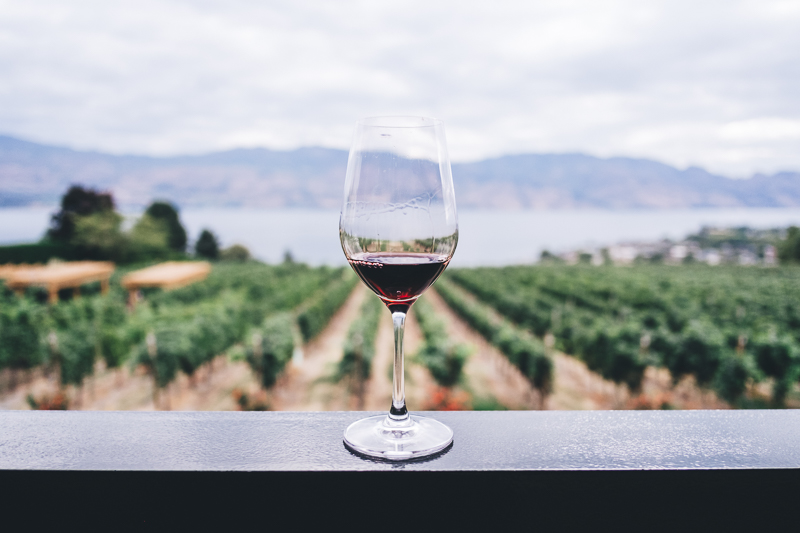
What food to eat after a hike
Don’t stop drinking just because you’ve stopped moving.
Re-hydration in the evening is very important. Your body needs to recover and prepare for the next day’s trek. Keep drinking water at regular intervals. You need to hit those 4-6 litres of water a day target.
Most of our treks arrive at our campsite well before dinnertime. Use this time to rest and drink at least a litre of water. At dinner, you should be refilling your bottle and drink it over the course of the meal. If you do bring a water bladder, keep the pipe near you when you’re sleeping. This makes it super easy to grab a drink during the night!
Food to aid recovery from a hike
Eating within half an hour of finishing each trek is ideal, our cook will have meals ready for you and they will be hot wherever possible.
Protein is very important as it helps your muscles to recover and rejuvenate. Protein bars/powder/drinks are all supplements that you might consider bringing with you.
Pain after hiking
Do not let your body get cold after finishing each trek, always put on layers when you have come to a stop to keep your muscles warm.
Always stretch when you finish exercising. If your body is still aching 24-48hrs after the event, go for a 10-minute fast walk or slow run and then stretch for 15 minutes.
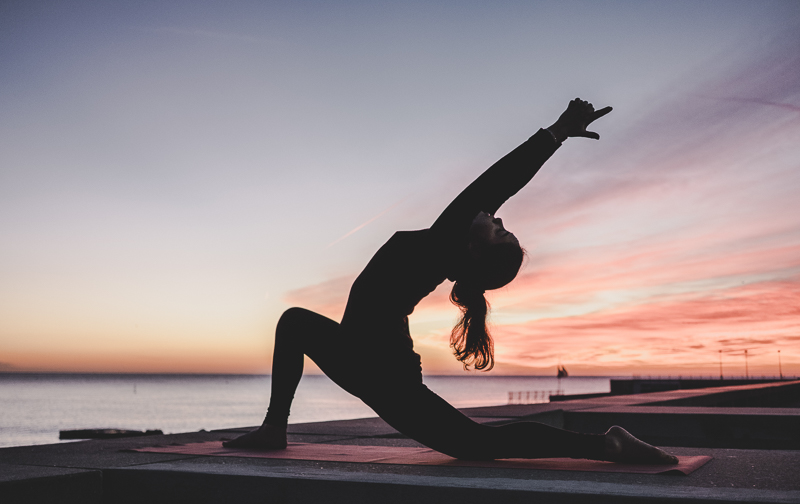
How to prepare physically for a multi-day trek
We always say that the best way to prepare for hiking is by going hiking. You can have all of the best hiking food in the world, but without experience in the mountains, you’re going to struggle. We know that getting into the mountains isn’t possible all the time, so any kind of cardiovascular fitness is good, but hiking is the best.
Are you looking for some good warm-up hikes for your upcoming expedition? We’ve put together a few great testing hikes in Wicklow, so you can have a go of them before you go!
If you have any questions or would like more intel, drop us an email at info@earths-edge.com
